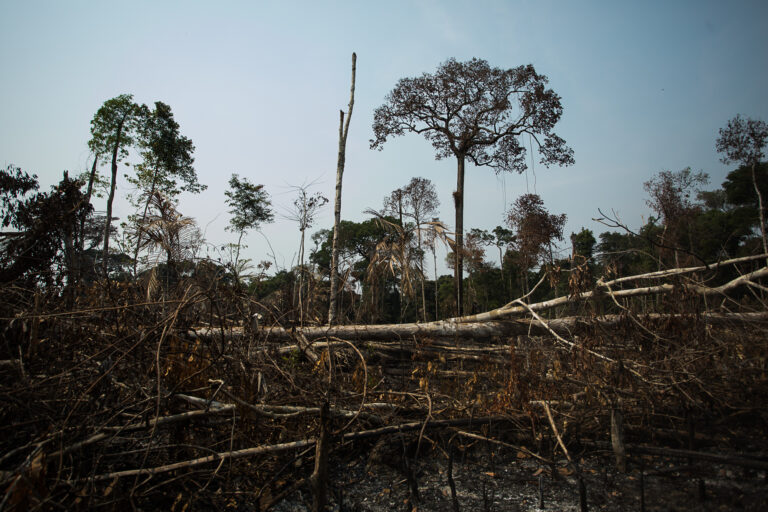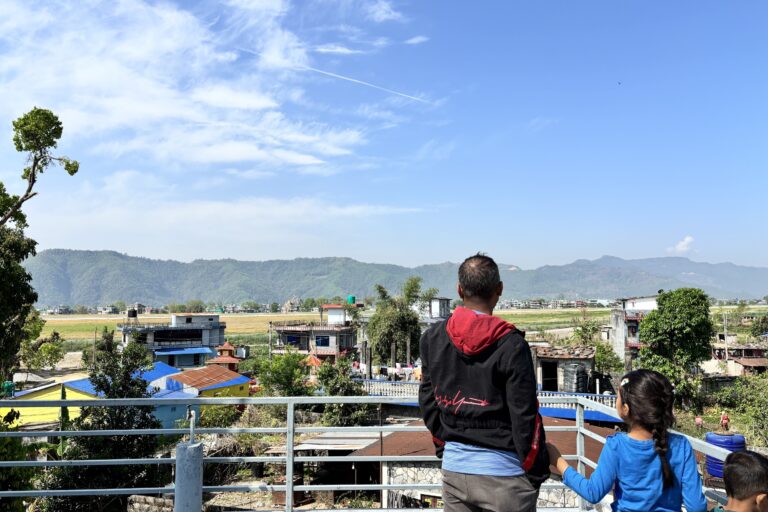
Rainforest in Borneo
100 companies have reported on the impact of their operations on the world’s forests.
The Forest Footprint Disclosure Project released its fourth annual report this week. The report includes 100 companies that have voluntarily disclosed their “forest footprint”, up from 87 last year. First time reporters include Colgate-Palmolive Co., Groupe Danone, Gucci and HJ Heinz Company, among others.
FFD focuses on five key commodities whose production can be tied to deforestation — soy, palm oil, timber and pulp, cattle products, and biofuels — and ranks companies on various criteria. The top performers within each 12 sectors are highlighted. The new report lists New Britain Palm Oil Ltd (Agricultural Products), Sainsbury’s Supermarkets Ltd (Food and Staples Retailing), Marks and Spencer Plc (General Retailers), Dalhoff Larsen & Horneman (Industrials, Construction and Autos), British Sky Broadcasting (Media), Greenergy International Ltd. (Oil and Gas), Marfrig Group and Unilever (Packaged Foods and Meats), Mondi PLC (Paper and Forest Products), L’Oréal (Personal Products & Household Products), PrimeAsia Leather Corporation (Textiles, Apparel & Luxury Goods), British Airways (Travel & Leisure), and Drax Group (Utilities) as leaders. The report notes that some sectors are more forest-friendly than others.
“Two sectors, Industrials, Construction & Autos and Utilities had significant variances and came in for particular criticism as active corporate social responsibility in procurement appears not to be the norm,” said FFD in a statement.
FFD aims to encourage companies to source these commodities without deforestation using approaches like certification and supply chain policies.
“Whilst we are heartened by the significant increase in the number of disclosers in this fourth FFD annual cycle and the contribution of new, global entities, it is not just about disclosing – we are calling on companies to make a step change in their behavior to ensure that responsible policies are integrated throughout their supply chains,” said James Hulse, Director of FFD, in a statement. “This makes business sense and is what the investment community expects.”
FFD comes in response to a global shift in drivers of tropical deforestation. Whereas 30-50 years ago most deforestation was to product of subsistence agriculture, today the bulk of forest loss is linked to commodity production and trade. The transition makes it ever more important for consumers and businesses to encourage a shift toward less damaging practices in the world’s forests.
Related articles














